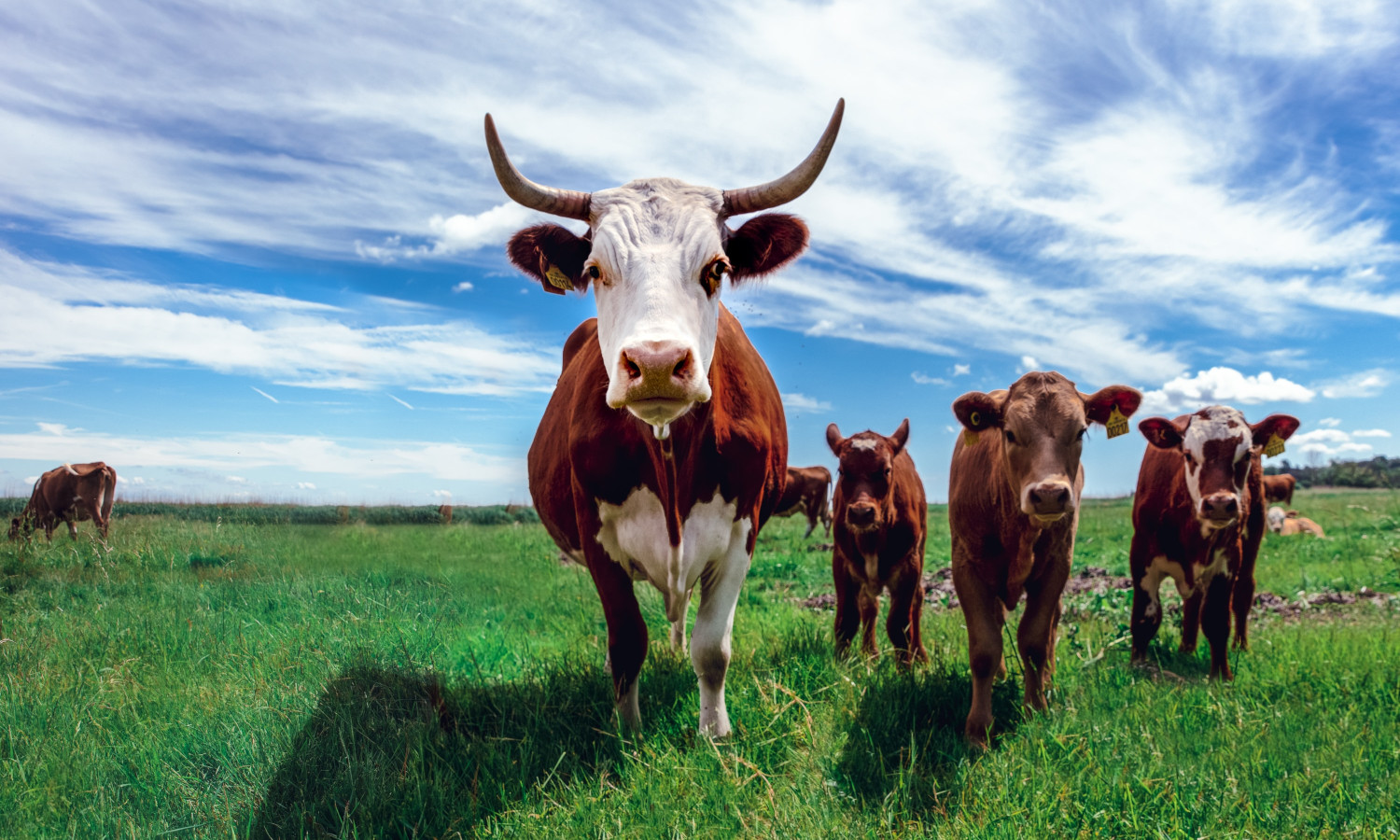Cattle Sellers Gain New Protections with the Statutory Dealer Trust

Cattle dealers play an integral role of the movement of livestock by buying cattle, creating uniform loads of like kind, and quickly selling them to their customers. Under the Packers and Stockyards Act, cattle dealers are required to pay sellers in full by the next business day after purchasing the cattle and taking possession (unless the sale is on credit).
However, sellers can satisfy this one-day requirement by placing a check in the mail. Given the speed of the mail (especially these days), a lot can happen between when a farmer, rancher, or stockyard transfers the cattle and when the check arrives in the mail.
Unfortunately, there are several instances where checks are not honored due to insufficient funds or even worse, the check never shows up.
Sellers Have Few Rights
Historically, unpaid cattle sellers have not typically fared well in recouping their losses when a dealer fails to pay. Even if the dealer still has possession of the cattle, the seller did not have first rights to the proceeds of the cattle. Banks typically had a blanket security interest in a dealer’s assets that took priority over cattle sellers, even if the dealer had not paid for the cattle.
Oftentimes, the only recourse a cattle seller had was to file a claim against the dealer’s bond. Payouts from bond claims average about 15¢ on the dollar and can be even lower if there’s a big bust.
One relatively recent example of a bust was Eastern Livestock. Eastern was the largest cattle dealer in the U.S. when it was forced into bankruptcy in 2010. Eastern owed $112 million to its creditors, including hundreds of cattle producers as well as stockyards and other dealers. However, Eastern’s lenders had first priority on its remaining assets.
Return to Sender
Congress remedied this situation in December 2020 when it tucked a provision into a COVID relief bill establishing a Statutory Dealer Trust under the Packers and Stockyards Act. The Dealer Trust gives unpaid sellers first priority rights in their livestock or the proceeds of their livestock.
In other words, an unpaid seller can get their cattle back if they are still in the dealer’s possession. If the dealer has sold the livestock, the unpaid seller has priority over lenders in the proceeds of their livestock.
Unpaid sellers must take prompt action to preserve their rights under the Dealer Trust. The unpaid seller must notify the dealer in writing and send a copy of the notice to USDA’s Packers and Stockyards Division (PSD) within 30 days if they never receive payment or within 15 days if a check bounces. Failure to file the written notifications will waive any right in the statutory trust.
“If the dealer has sold the livestock, the unpaid seller has priority over lenders in the proceeds of their livestock.”
Read also
Wheat in Southern Brazil Impacted by Dry Weather and Frosts
Oilseed Industry. Leaders and Strategies in the Times of a Great Change
Black Sea & Danube Region: Oilseed and Vegoil Markets Within Ongoing Transfor...
Serbia. The drought will cause extremely high losses for farmers this year
2023/24 Safrinha Corn in Brazil 91% Harvested
Write to us
Our manager will contact you soon



